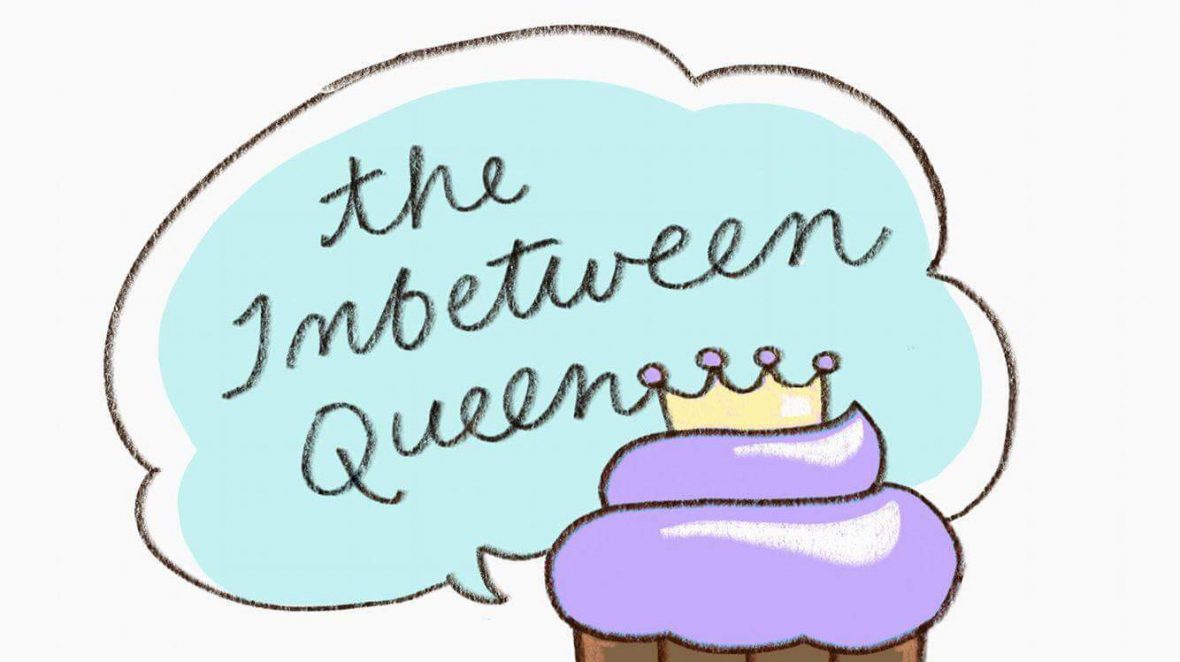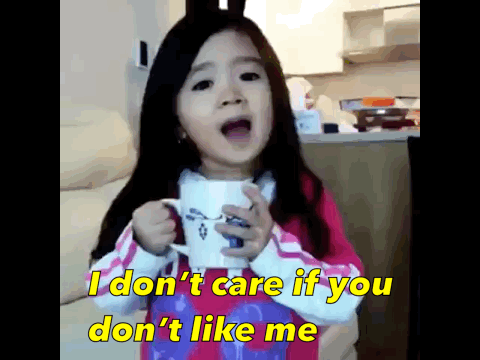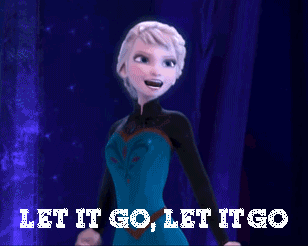TW: Several food mentions
As those of us in recovery know, so much of our ideas about our own bodies have been decided upon and concretely set in our minds for us.
I’ve been seeing a lot of posts from fellow ED recovery blogs about the difference between bingeing and physical fullness–and I just wanted to address the idea of “defining bingeing.” I think that this is so important, especially being in the season in which food is the center of all conversation and gathering in spaces that we already are somewhat emotionally uncomfortable being in, inside bodies that some of us are somewhat, mildly or even extremely uncomfortable being in.

Defining a binge is something especially difficult for disordered eaters to do; because clinically or sub-clinically we already have a warped mental sense of attachment and guilt to food that has been handed to us by media messages, family of origin dynamic, our friends and the value placed on the thin ideal perpetuated by capitalism.
This mechanism is the same one that makes us feel guilt for eating certain types or amounts of food while encouraging us to buy more of it. I let go of this once I realized that the media was gaslighting me, and creating an abusive relationship between me and myself that ultimately put me on a dead-end search for validation from everyone but me.
In my very beginning work with one of my favorite recovery resources, The Brain Over Binge Recovery Guide by Kathryn Hansen (highly recommend!) it asked me to define what a binge was for me, personally.
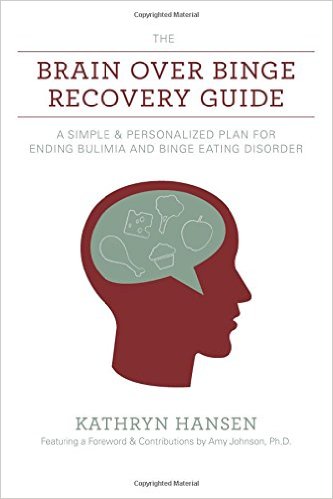
At the beginning of my OA days, I was using this book and I had so many stipulations for what a binge actually was. Eating past 9 pm. Eating multiple snack foods at a time. Eating more than two servings of something. Eating more frequently than once every 2-3 hours. And the only thing that I learned from my definition of a “binge” was that it was exhausting keeping up with all of these rules.
I realized that with all these totally ridiculous restrictions on when and what I could eat, I was creating more disorder by means of restriction. None of my eating was intuitive, it was robotic and arbitrary because I thought that frequent eating and grazing would go away if I made a schedule. But it only made me think more rigidly.

In clinical terms, an episode of binge eating seems to be defined as “eating unusually large amounts of food in a short period of time (two hours) and feeling a loss of control while eating.”
Looking at this definition while doing my recovery work has brought me back into the situations where loss of control around food has certainly happened to me, and that has given me a lot of perspective. My binges and late night mindless eating episodes were a product of my simultaneously habitual eating and self-punishing behaviors; food became something I abused without even realizing I was abusing it.
The components of unusually large amount and loss of control show themselves in my most outstanding food memories: One night at Texas Road House two years ago, I was in physical pain from fullness before even receiving my actual meal. Finding seven thirteen ounce jars of Nutella in my trash can my sophomore year of college. Grabbing whatever I could at the dining hall up until the last semester because it was available and I needed a meal. Nine mini quesadillas, sometimes more, and then other sides, then dessert; often not even tasting it.

I have had to erase former definitions of bingeing from my consciousness in order to adapt to thinking that truly fits my purpose, truly serves my body’s energy and needs. The other night at 12:30 in the morning, I found myself starving and unable to sleep. I had my internal monologue of “nobody normal eats at 12:30 in the morning!” but I actively refused to listen to my eating disorder bully me out of something my body was desperately asking me for at the time. And it worked for me.
I was having trouble sleeping, so I did a quick google search — “what foods make you fall asleep” and I found out that walnuts–my favorite nut–and cheese are foods that help your body produce serotonin and melatonin. As I have a pretty intense serotonin deficiency, I have made it a point to make this and some grapes my snack at night, and I have actually slept pretty well the past couple of weeks.

My depression has, for the most part, gotten better too. I owe that to a lot of the work I’ve put in with recovery on all fronts (from my ED, codependency, and anxiety/depression), as well as the active cognitive and medical changes I’ve made for myself in the past few weeks. I have found a new honesty with my doctor, and I find that that honesty only serves me well at the end of the day because I’m getting what I need. My therapist and I communicate almost weekly, if not more.

I have the support of people who understand my mood disorder, a sponsor, and a new understanding of the 12 Steps through different program (with its own Big Book that has been a total blessing to me!).
My EDE-Q standard victims have gone down tremendously. Tomorrow is my six month recovery benchmark and while parts of me feel spiritually light and at peace, so much of my soul is still heavy and not getting enough sunklight. The conscious decision to keep my recovery date (originally my abstinence date) and redefine and reshape it has at times felt inauthentic and maybe fraudulent. But it comes from a place of never having lost what I learned before, even after it stopped serving me in ways that aligned with who I was. I used to have anxiety about this date falling in Christmas, the holiday I absolutely hate the most. But here I am, despite it all.
Aside from overhauling what recovery means to me and what it looks like in the past six months, I have learned to redefine bingeing based on what my body is telling me it needs at the time. I don’t self-destruct if I eat after 9 PM and I certainly don’t feel guilty about it the ways I used to. It takes a lot of momentary check-ins to undo the restrictive and limited thinking that my eating disorder has imposed upon me, but I am finding it easier at the moment.
I now have a better understanding of what intuitive eating really is and that, like Hansen says in her guide, it is okay to eat food just because you really feel like it sometimes. It is okay to gather with friends and family around a home cooked meal or go to Panera and enjoy French Onion soup in a bread bowl with my mom. It’s okay that our culture and so many cultures share ideas and love and togetherness in the presence of food. It is okay to eat what I want to because I can–I have given myself the unconditional permission to listen to my body and soul rather than my eating disorder and not condemn or regret my own choices.
To me, bingeing has become less about rigidly scheduled meals and eating what doesn’t taste good to be or to stay a certain size and shape.
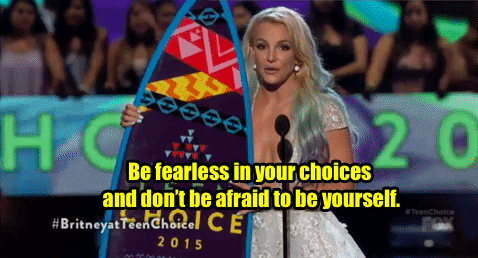
My new objective is to eat without shame. To not overcomplicate my definition of what a “binge” really means just because others have something to say about how much or how frequently I’m eating. I am done living my life on others’ terms, and I certainly owe it to myself to stop eating on anyone else’s terms.
I challenge you in the coming new year to sit with yourself and ask “What does a binge really look like?” Examine who or what has planted your picture of what a binge looks or feels like into your consciousness, and without blaming them for their understanding, map out your own. Own your decisions about food and check in while you eat; do I want this or do I need it (BOTH ARE FINE! Wanting things is wonderful! Congratulate yourself for responding to your needs!); can I taste this?; what do I notice about it? How am I feeling right now, and do my feelings reflect my food choices?
Stop giving yourself rules to follow, and give your body love by giving it food that it enjoys. Eating food doesn’t have to be like stopping for gas; it is a process of driving through with your surroundings in mind, too. Who are you with? How can you let go of shame and be content with your situation now?
I just wanted to say to all those reading, thank you for being patient with me (again) as I figure myself out in the meanwhile. My first semester of graduate work is over, but I am still very busy trying to figure out who I am and what I need (all while adulting!)
From the warmest place in my little Grinchy heart, I wish you all a happy, healthy, (manageable!) holiday full of gratitude, courage, strength and love–inward and outward.
New post next Saturday!
—
The best way to recover is to stay connected!
Follow me on Twitter
Follow me on Instagram!
Email me at caitisrecovering@gmail.com
